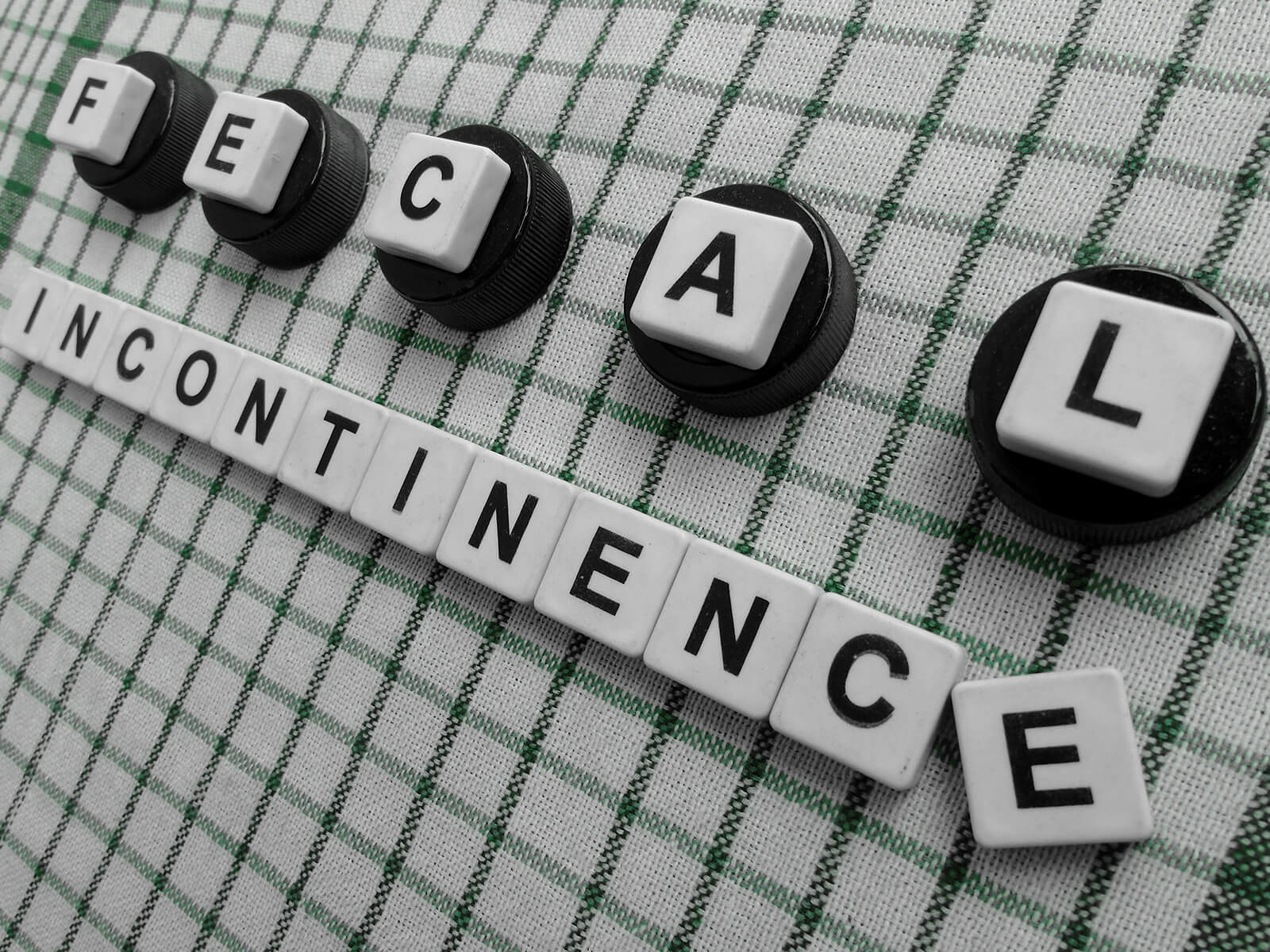
Fecal incontinence happens when your bowel muscles are unable to control the movement of your product (stool) at all times and it results in the leakage of the bowel contents. It may be some single accident or recurring attacks. The disease can attack individuals regardless of age but it increases with age. Quick check up and resolution may enable you to feel like yourself again.
The symptoms of fecal incontinence can be the following:
Fecal incontinence may be a combination of several factors:
GastroDoxs offers evidence-based, personalized care of fecal incontinence in Houston. Our highly professional staff brings together high level of diagnostics, effective treatment and empathetic care so that you can take control and trust again. Don't run-don't half remember to book in today and make your appointment and begin the trip in overcoming the long term relief and live better with incontinence.
We've successfully treated more than 1.4K patients, helping individuals improve their digestive health and overall well-being through expert, personalized care.
With over 20 years of experience, GastroDoxs has been a trusted provider of gastroenterology care, focusing on delivering the best outcomes for patients
ICD-10 code used to address fecal incontinence includes K59.2 which incorporates all its varieties.
Yes. Seniors aged up to 15 experience fecal incontinence because of muscle weakness and changes in nerves attributed to old age age.
Widespread explanations consist of either injuries to the childbirth or surgicalificates to the pelvic floor and the tearing of the nerves due to diabetes or back complication, continuous diarrhea or looseness, and the influence of old age on the muscle strength.
All of this can aid in bowel control through pelvic floor exercises (Kegels, biofeedback therapy, increasing dietary fiber in order to harden stools, developing regular bathroom schedules, and some medications).
Nurses educate about skin-care, correct use of such products as adult diapers, creams, nutrition and fluid prescriptions and emotional support during treatment.
Yes. Part of adult diapers is the protection and reassurance of the assessment and therapy process, at which the diapers can be used so that the person remains as comfortable and lowers the game during day-to-day experiences.
Intermittent incontinence - this means that there is intermittent leakage, which appears, disappears, and then there is normal bowel control in between.
Visit GastroDoxs in Houston. Our gastroenterologists and support personnel experts have specialized knowledge in the diagnosis of fecal incontinence and their treatment.
In your first meeting, we stand over your history, palpate the strength of pelvic muscles, and discusses your symptom patterns and may even carry out basic diagnosis tests to incorporate into your treatment program.
Through regular pelvic exercises, lifestyle, and perhaps medical or advanced treatment, most patients report some improvement in 4-12 weeks.